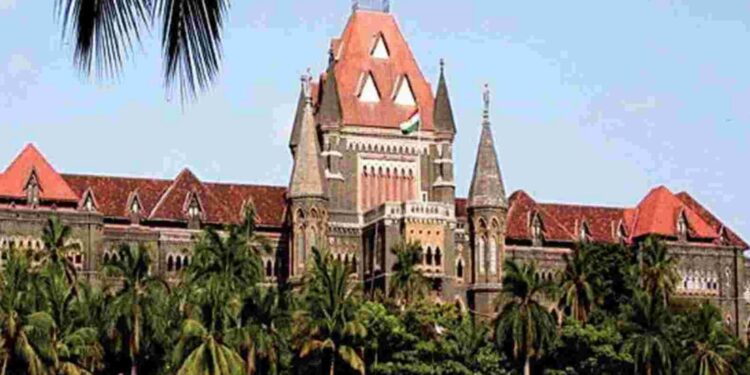In a crucial judgment, the Goa Bench of the Bombay High Court reinforced the principle that a woman’s actions, such as booking a hotel room with a man and entering it, do not equate to consent for sexual intercourse. This ruling came in the case of *State through Canacon Police Station v. Gulshar Ahmed*, where the Court highlighted the importance of explicit and unambiguous consent in sexual matters.
Justice Bharat P. Deshpande, in his ruling, underlined that even assuming the woman entered the hotel room with the man, this could not be construed as her consent for sex. The Court observed, “While there is material showing that the accused and the complainant were involved in booking the room, it cannot be treated as consent for sexual intercourse… Even if it is assumed that the victim went inside the room with the accused, this cannot be taken as consent for sexual intercourse.”
The Court’s decision came after it quashed the trial court’s discharge order, passed in March 2021, which had closed the rape case against the accused, Gulshar Ahmed. The trial court had initially reasoned that since the woman participated in booking the hotel room and entered it willingly, she had consented to the sexual act that followed. The High Court, however, criticized this conclusion, stating that such inferences contradicted settled legal principles, particularly in light of the fact that the woman had filed a complaint with the police immediately after the incident.
The case stemmed from an incident in March 2020, when the accused allegedly promised the woman a job opportunity abroad and convinced her to come to a hotel room under the pretence of meeting a recruitment agency. Both the accused and the woman were involved in booking the room. Once inside, the woman claimed that the accused threatened to kill her before raping her. After the accused left the room briefly, the woman managed to escape, ran out of the hotel, and promptly informed the police.
Following her complaint, the accused was arrested and charged under Section 376 (rape) and Section 506 (criminal intimidation) of the Indian Penal Code (IPC). Despite the serious allegations, the trial court discharged the accused, stating that the woman’s voluntary actions, such as booking the room and entering it, indicated consent to the sexual encounter.
The Bombay High Court disagreed with this interpretation, emphasizing that the trial judge had conflated two distinct aspects: entering the room without protest and giving consent to what transpired inside. The Court reasoned that the woman’s immediate actions—crying, seeking help, and lodging a complaint with the police on the same day—indicated that the sexual encounter was not consensual.
The High Court also noted that the hotel staff had corroborated the woman’s account, lending further credibility to her version of events. This reinforced the Court’s view that consent was absent in this case.
Additionally, the Court rejected the accused’s defence that the woman had no issue with booking the room or having lunch with him before entering, suggesting that these actions implied consent for sexual activity. The Bench pointed out that these arguments failed to account for the lack of consent at the crucial moment when the sexual assault occurred.
As a result, the High Court overturned the trial court’s discharge order and ordered the continuation of the trial against the accused. The judgment reinforces the importance of clear consent in sexual offences and sends a strong message about the need for due process in such serious cases.
Public Prosecutor SG Bhobe represented the State, while Advocates Kautuk Raikar and Digaj Bene appeared for the accused. The ruling serves as a significant reminder of the necessity to uphold legal standards surrounding consent in cases of sexual violence.

















